Bio
Blanca-Olalla Altable (born in Burgos in 1984) is a prominent violinist in the traditional and neo-traditional Castilian music scene. Her style, within popular violin, is characterized by being rhythmic, eloquent, passionate, and emotional, allowing her to develop her distinctive sound: intimate, profound, joyful, and subtle.
She stands out in the world of popular violin thanks to her unique and creative vision. Blanca rescues the repertoire of the dulzaina (a traditional Spanish woodwind instrument) from her grandfather, Simón Altable, and adapts it to the violin. She composes original pieces with traditional and non-traditional rhythms, deconstructing folklore in the process. Furthermore, her curiosity and musical eclecticism have led her to explore a more experimental approach, incorporating new technologies such as effect pedals, loop stations, and MIDI controllers. These tools provide her with a new compositional aesthetic, characterized by epic minimalism, experimental minimal-maximal folk, and a discourse where improvisation is synonymous with surrender.
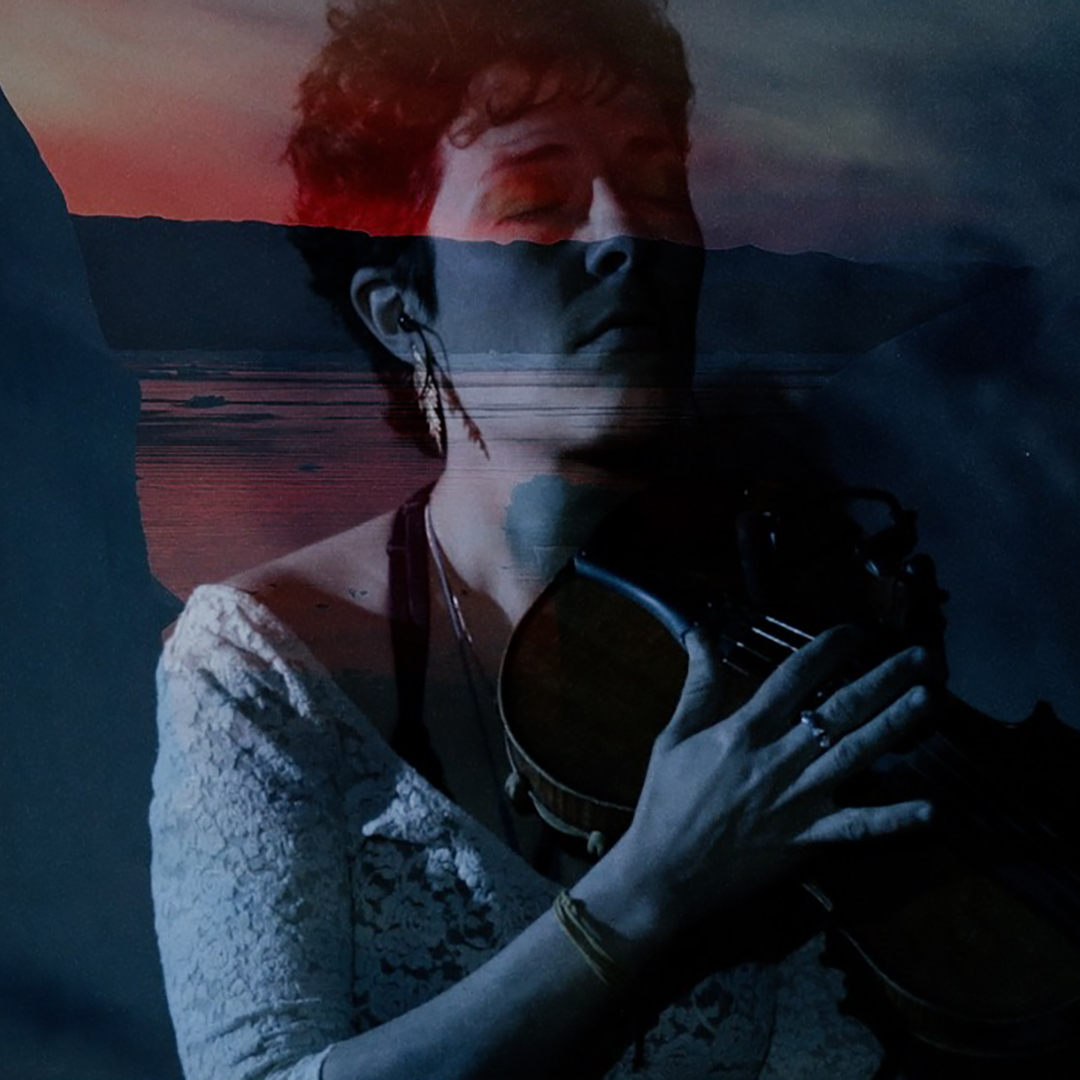
© Ana Escario
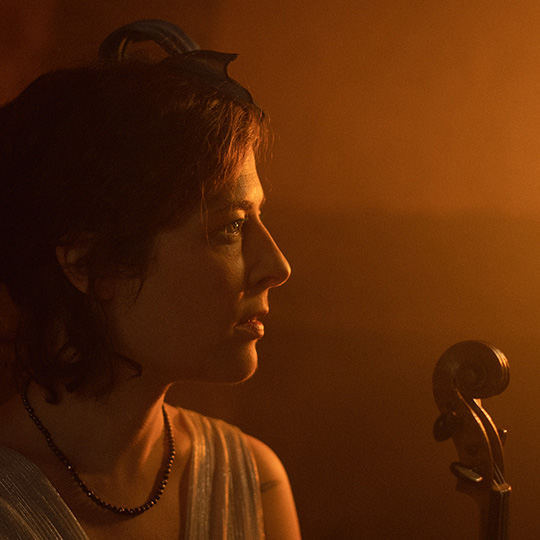
© Diego Beabesada
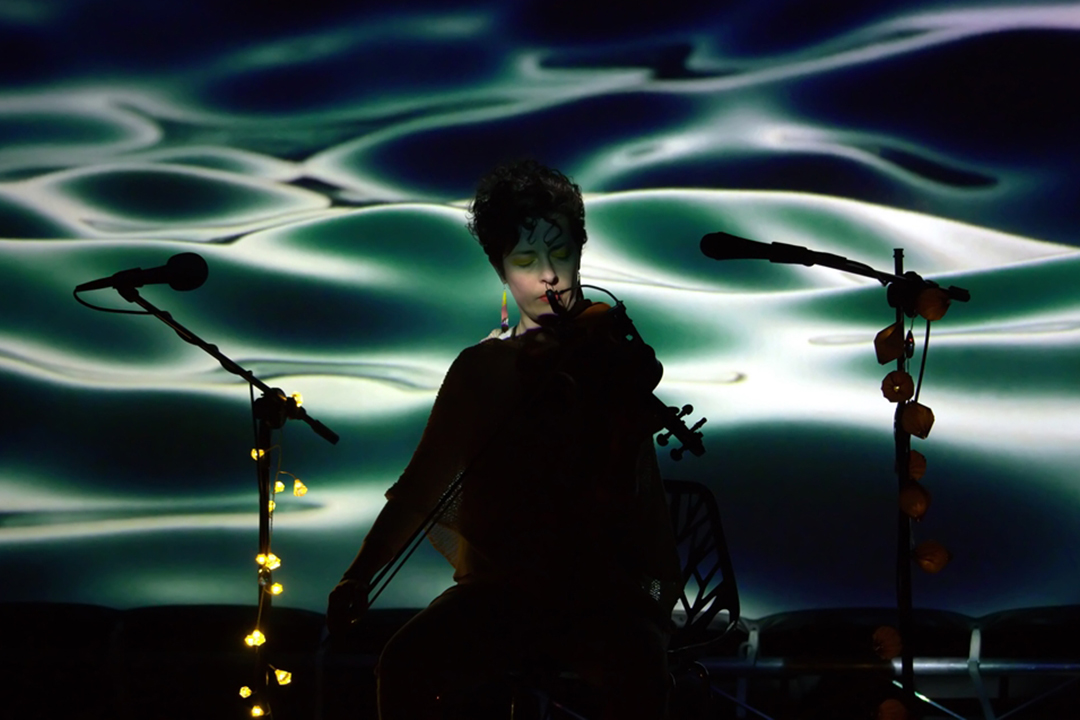
© Enrique Farelo
As a studio musician, she has collaborated on numerous musical and artistic projects, including VocalizÁfrica, Nélida Karr, Marcela Morelo, Vallarna, Dúo La Loba, Flor de Vida de Álvaro Barriuso, Neønymus, Pure Hemp, Kasparov vs Deep Blue, Salvador Amor, Sammy Jankis, and more.
She has also performed her music in various places around the world, such as ESMAE Porto, the 32nd EBU Folk Festival, Festival Sonna, Freight and Sauvage (CA), Café Berlín, Galileo Galilei, UBU live, San Miguel Tribu Festival, Folk Segovia, FETAL, International Film Festival of Kenya, International Music Festival of Khartoum, Círculo de Bellas Artes, Castilla Folk, Folk Comillas, Tradicionàrius Festival, and Arca da Noe, among others.
She participates as a composer and musician in theatrical productions for companies like Margarito & Cía, Brama Teatro, and La Carbonería de la Lola, collaborating with visual and plastic artists.
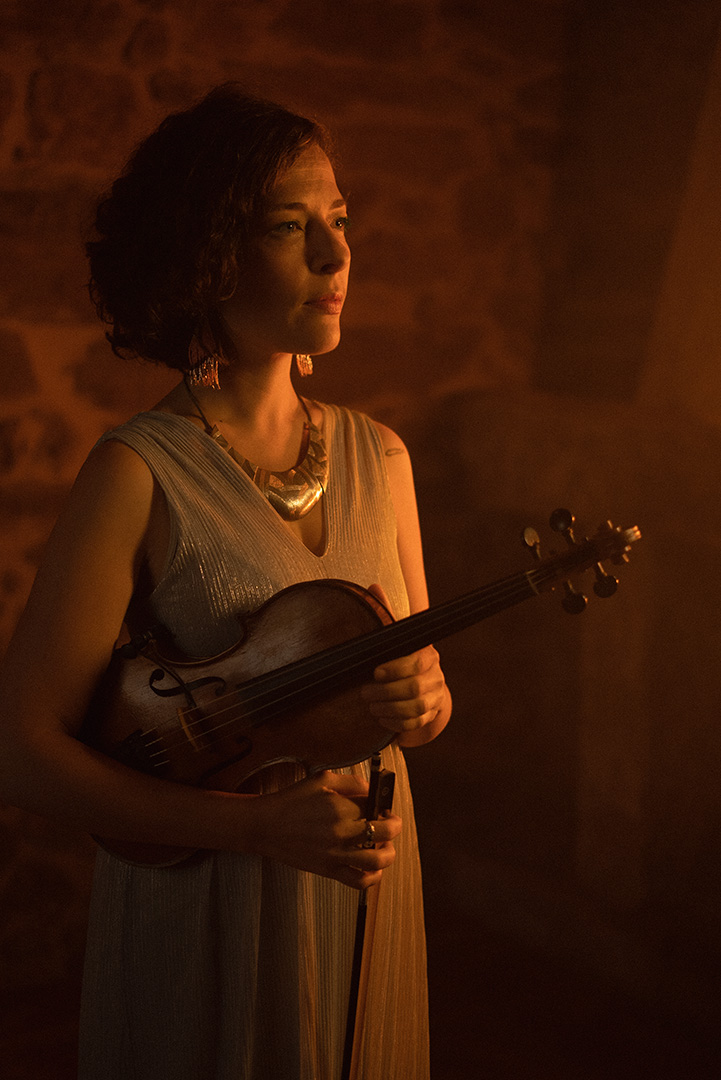
© Diego Beabesada
She is trained in Willems music pedagogy and recently completed a Master’s in Musical Composition with new technologies, demonstrating her keen interest and passion for music creation.In her musical projects, she stands out as a composer, crafting original pieces that blend tradition and experimentation. Creation is a fundamental aspect of her work as a popular violinist, allowing her to express herself in a unique and personal way. Furthermore, she holds a degree in Translation and Interpretation from the Complutense University of Madrid, highlighting her interdisciplinary education and her ability to appreciate and preserve the traditions of different cultures. She values vernacular languages (including music) as essential representations of culture.
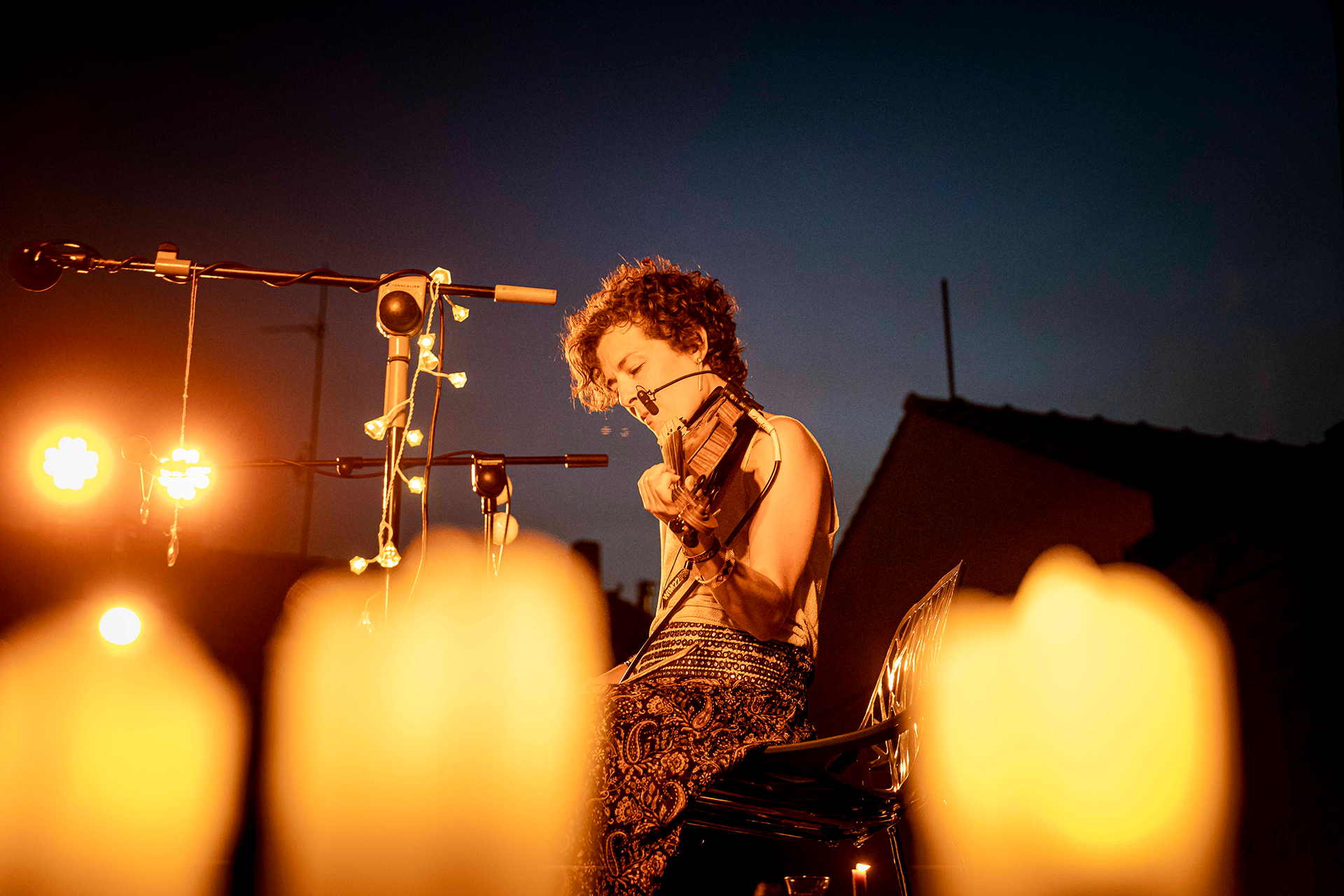
© Enrique Farelo